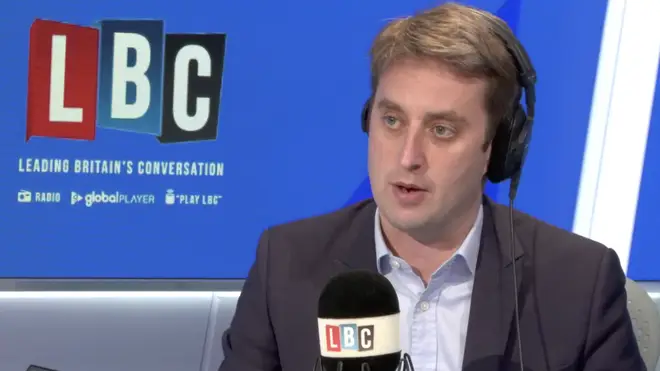
Richard Spurr 1am - 4am
25 November 2020, 15:16

The story from Chancellor Rishi Sunak’s statement is the scale of the economic crisis to grip the UK.
And just how long it is going to take the country to get back to where it was before Covid-19?
The numbers are startling. The economy will contract by 11.3% this year: the most significant hit it has faced in 300 years.
MPs were told it will be two years before we get back to pre-crisis levels.
Borrowing stands at £394 billion. That’s equivalent to 19% of GDP and the highest level in British peacetime history, and more than double the level needed post the 2008 financial crisis.
And any hopes that with Britain expected to return to some sort of normality by Easter, the level of borrowing needed to prop up the economy might drop off quite quickly, were dashed by the Chancellor.

Theo Usherwood's instant analysis of Spending Review
Borrowing, he said, will not fall below £100 billion before the next election.
And behind the numbers, there is a lost livelihood, a family struggling to make ends meet as breadwinners find themselves out of work and with no income.
Next year unemployment will hit two-and-a-half million, according to the Office for Budget Responsibility.
The last time it reached that sort of level was during the 1980’s recession.
And so whilst the vaccine provides hope the pandemic is coming to an end, going by today’s announcement it is hard to draw any other conclusion that the aftershocks of Covid-19 are going to be felt for many years to come.